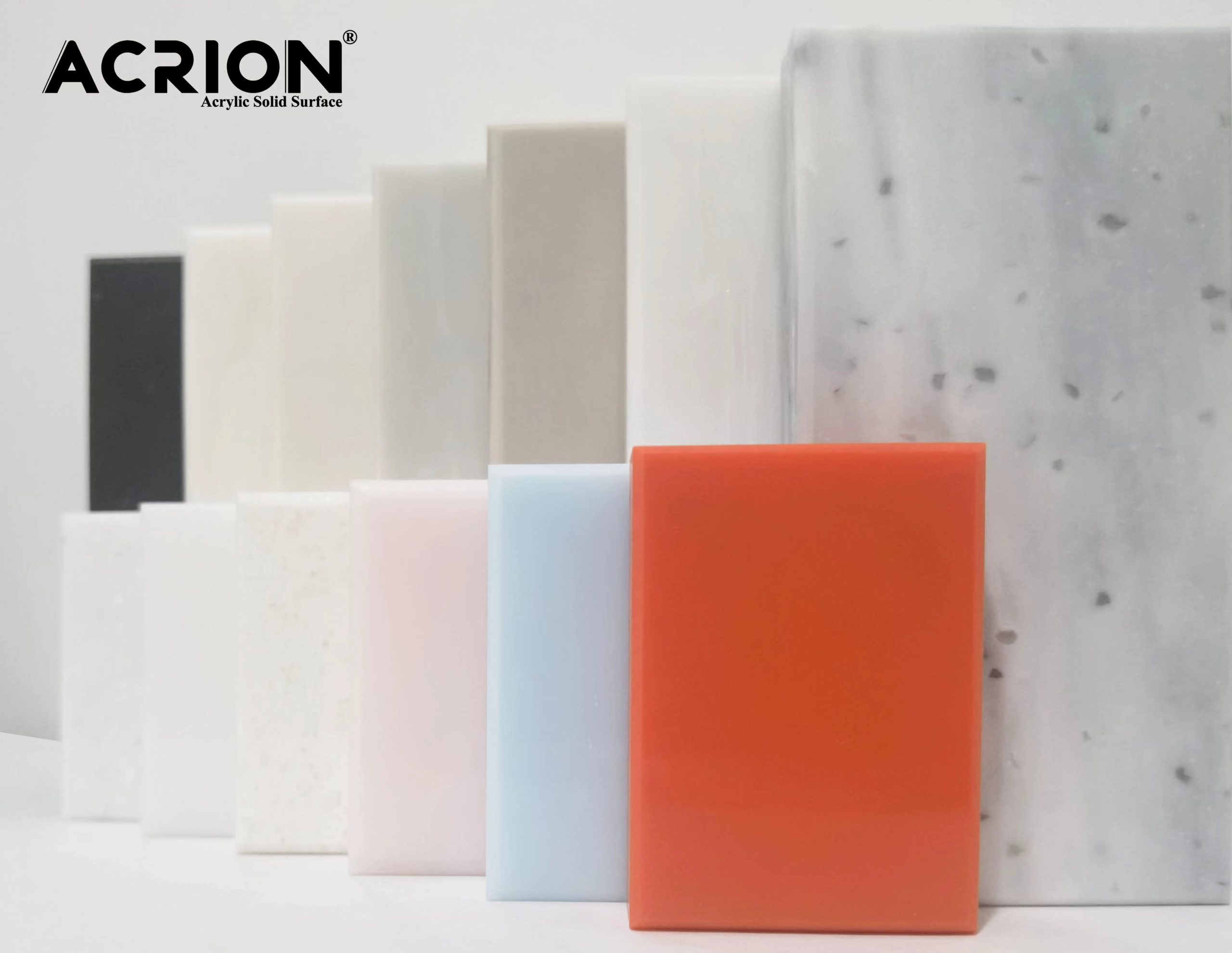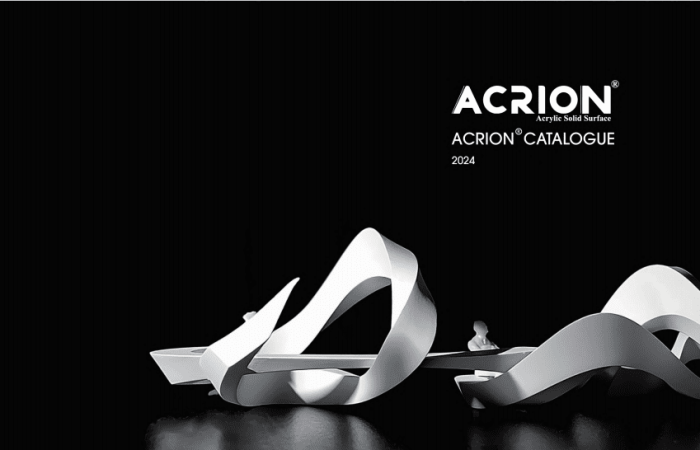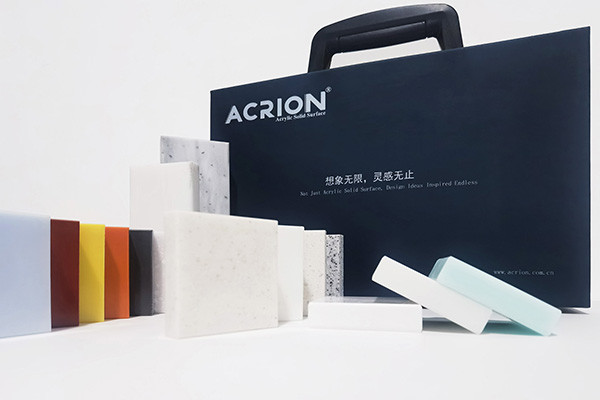抗菌原則とアクションカウンタートップの効果に関する研究
まず、抗菌性の原理
ACRIONカウンタートップの抗菌性能は、主にその材料特性と生産プロセスの相乗効果に起因しています。
非透過性表面構造
ACRIRIONカウンタートップは、高密度の細孔のない固体表面材料で作られており、プレスプロセスを通じて密な表面を形成します。この構造は、細菌やカビなどの微生物の付着と浸透を効果的にブロックし、繁殖環境を物理的に阻害します。
抗菌成分の相乗効果
その材料式の天然鉱物(三水和アルミナなど)およびポリメチルメタクリル酸塩(PMMA)の複合構造は、抗菌特性を表面に及ぼします。たとえば、ASTM G21-15標準でテストされたように、28日間Aspergillus NigerやAspergillus Brazilなどの金型と共存した後、表面上の細菌の成長レベルは非常に低く、活性抗菌能力を確認しました。
シームレスなスプライシングテクノロジー
カウンタートップは、シームレスなスプライシングテクノロジーを採用し、伝統的なカウンタートップのギャップと衛生的な死んだコーナーを排除し、水の蓄積と汚れの残留物を避け、したがって細菌の繁殖地をブロックします。
第二に、抗菌効果
実験室のデータサポート
サードパーティのテストでは、ACRIRIONカウンタートップがバスルームやキッチンなどの湿った環境でカビやバクテリアの成長率を大幅に減らすことができることが示されています。たとえば、その抗菌性能は、通常の人工石と比較して50%以上増加し、その表面は長期使用後もきれいなままです。
実用的なアプリケーション検証
ユーザーのフィードバックと長期的な使用ケースは、キッチン(グリースと食物の残留物)やバスルーム(水の汚れと化粧品残留物を備えた)などのシナリオで、洗浄後に臭気やカビの斑点がないことを示しています。さらに、マイナーな傷を磨くことで修復することができ、細菌の蓄積を防ぐことができます。
比較優位
国内の人工石と比較して、ACRIRIONの抗菌性能はより安定しています。たとえば、分子結合エネルギーが比較的低いため、国内材料は、紫外線の下で黄色くなり、退色する傾向があります。しかし、Kailinaiはその式を最適化することにより、そのような問題を回避し、抗菌機能の耐久性をさらに拡大しています。
第三に、包括的な評価
ACRIONカウンタートップの抗菌性能は、物理的保護と化学的阻害の二重の利点を組み合わせています。その非透過性表面、抗菌成分、シームレスな設計は、共同で長期にわたる抗菌系を形成します。実験室データと実用的なアプリケーションの二重検証により、キッチンやバスルームなどの湿った環境でのカウンタートップに優先される素材になります。価格が高いにもかかわらず、メンテナンスコストが低く、サービス寿命が長く、卓越した全体的なコストパフォーマンスがあります。



